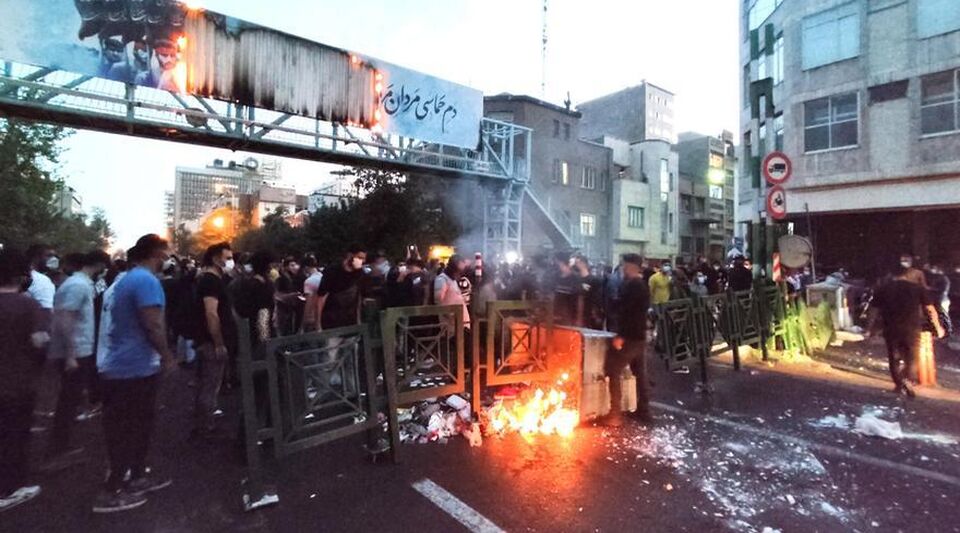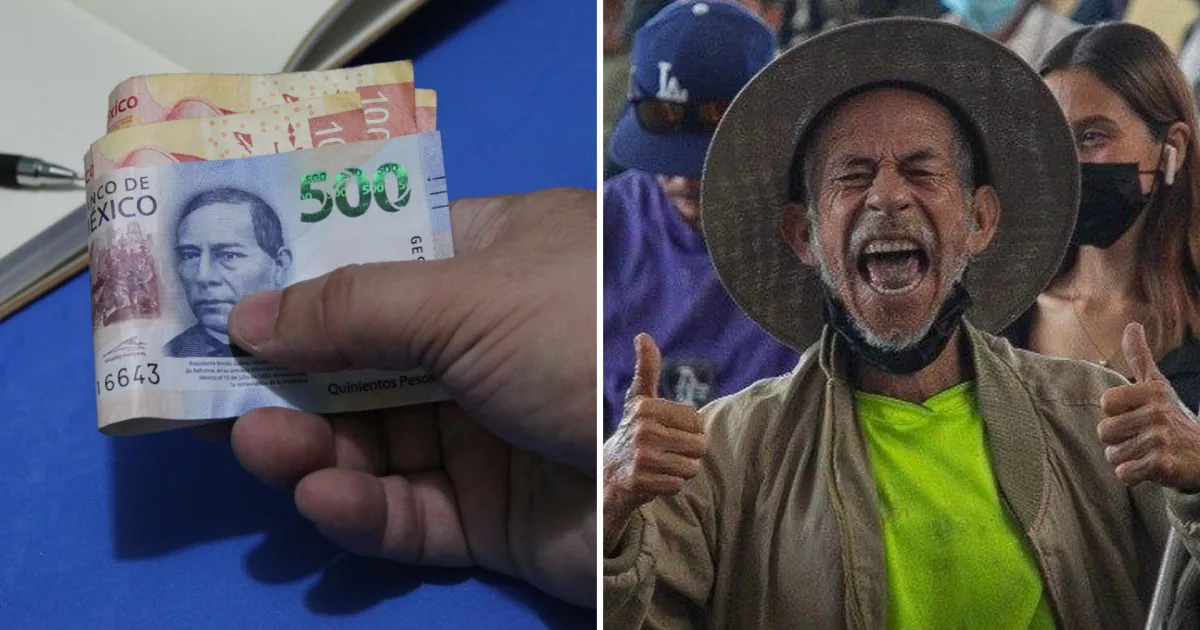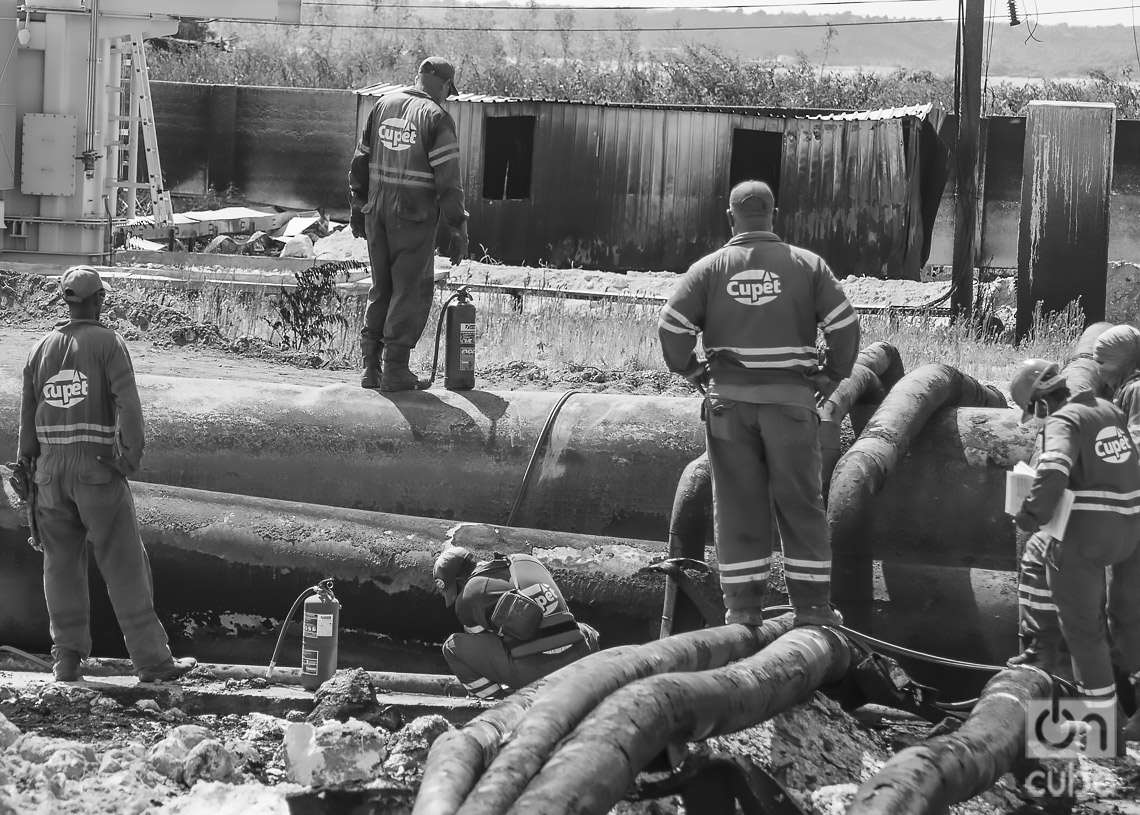(EFE)
The resolution that includes this new investigation mechanism was approved with 25 votes in favour, 16 abstentions and six against, among the latter that of China, which previously unsuccessfully tried to remove from the resolution the text that alluded to the creation of the investigative mission.
This mission will aim to “collect and analyze evidence” of human rights violations in the context of a repression that has already caused more than 300 deaths – including 40 children – and nearly 15,000 detainees.
The experts that make it up (usually three jurists or other specialists in international law) will present their first results of the investigations at the 53rd session of the Council, in mid-2023.
The approved resolution also calls on Iran to allow unimpeded access to these experts so that they can freely carry out their investigations, as well as to the UN special rapporteur for that country, Javaid Rehman.
The text, which in addition to China voted against Cuba, Eritrea, Armenia, Pakistan and Venezuela, calls on the Government of Iran to “end all forms of discrimination and violence against women and girls in public and private life.”
It also demands that Tehran put an end to extrajudicial executions, enforced disappearances, sexual and gender-based violence, arbitrary arrests, torture and other abuses against peaceful demonstrators who have staged more than two months of protests.
China tried to neutralize the resolution at the last minute by calling for the withdrawal of the paragraph calling for the creation of a fact-finding mission
China tried to neutralize the resolution at the last minute by calling for the withdrawal of the paragraph calling for the creation of a fact-finding mission, forcing a first vote on this possible amendment that only got six votes out of 47 council members.
This strategy caused protests from countries such as Germany, one of the main promoters of the repression in Iran being brought to the Council for debate and which denounced China presenting an amendment at the last minute with the intention of deactivating the text.
On Iran’s side, the international director of the Vice Presidency for Women and the Family, Khadijeh Karimi, intervened to warn that her government “will not recognize this mechanism (the fact-finding mission) or a United Nations mandate doomed to fail.”
He also charged against Germany for its leadership in today’s session and assured that that country, “since the Second World War, is not qualified to talk about women’s rights.”
Hours before the vote, the international mission had been supported by the special rapporteur Rehman, who stressed its importance in addressing the claims of the victims in a country where “structural impunity has fueled a pattern of murders, forced disappearances, torture and abuses “.
Rehman stressed that, in line with these old practices, the Iranian state has ordered “violent repression at any cost” since the beginning of the protests, with presidential orders to act “without mercy” against the protesters.
The UN high commissioner for human rights, Volker Türk, added at the Council session that “the unnecessary and disproportionate use of force in Iran must end”, a country that is mired in “an open human rights crisis “.
________________________
Collaborate with our work:
The team of 14ymedio He is committed to doing serious journalism that reflects the reality of deep Cuba. Thank you for accompanying us on this long road. We invite you to continue supporting us, but this time becoming a member of our newspaper. Together we can continue transforming journalism in Cuba.








